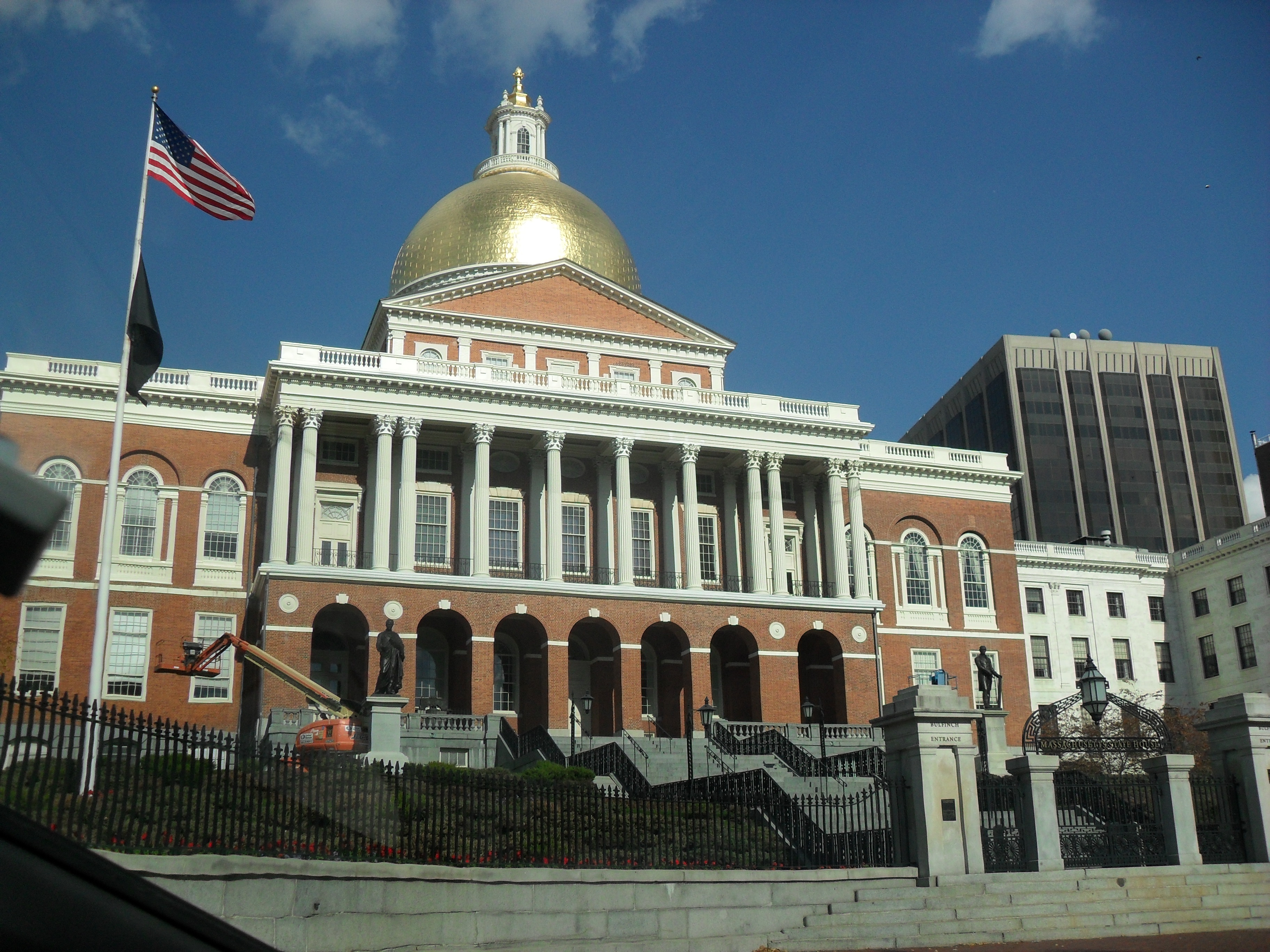pay-per-signature
Wyoming’s law banning initiative campaigns from paying petition circulators according to the number of signatures they gather is facing legislative repeal. This week, the Corporations, Elections and Political Subdivisions Committee in the state senate voted to pass the repeal legislation, Senate File 35, unanimously.
Legislative Bill 367 sailed through Nebraska’s unicameral legislature today on a 42-0 vote. Without a single dissent, the legislation reverses the state’s seven-year ban on paying petition circulators according to the number of signatures they gather on a petition.
Sen. Mike Groene of North Platte, the bill’s author, declared that the Legislature and the people whad become locked in a “civil war” after voters passed term limits for State Senators more than a dozen years ago.
Groene, serving his first term, told fellow lawmakers, “It’s time for this body to call a truce.”
Nebraska petition laws are again being challenged in federal court by Citizen Kent Bernbeck, who claims the current system is unconstitutional. The two legal provisions being contested are: (1) the state’s county-based distribution requirement, which is in the state constitution, and (2) a state statute that forbids compensating paid circulators on a per-signature basis.
“He is bringing this challenge to guarantee all Nebraskans can participate in this core democratic process,” David Domina, Bernbeck’s attorney, told reporters. “A process so important that the founders of our nation called out the right as fundamental and to be preserved without intrusion.”
Earlier today, the Arkansas House of Representatives passed an amended version of Senate Bill 821 by a vote of 78 to 9. The legislation, which passed the Senate in different form last month, creates a cumbersome, new state regulation scheme over paid petition circulators, including requiring registration with the state, a training program, providing a mug shot to the Secretary of State and a waiting period before a paid petitioner can begin gathering signatures.
I noted recently objections to the effort by Arkansas’s duopoly casinos at Southland and Oaklawn, in league with their friend Attorney General Dustin McDaniel, to make the referendum process prohibitively difficult in Arkansas so as to discourage future casino amendments, along with other potential laws unpleasant to the business lobby.
I mentioned yesterday that a lawsuit was already cooking should the legislature pass a proposal being pushed by the two Arkansas casinos at West Memphis and Hot Springs to make it difficult to put initiated acts and amendments on the ballot.
Here’s one reason why a lawsuit is likely. The pending Arkansas proposal would prohibit paying canvassers for signatures based on the number of signatures they gather. (This serves as a disincentive, because piece work, particularly in places where mass signatures can be gathered, is far more profitable.)
Read more at Arkansas Times
Last week, Federal Judge Philip A. Brimmer overturned Colorado’s law limiting productivity pay – pay based on the number of signatures gathered – to no more than 20 percent of total pay for people circulating initiative and referendum petitions.
[From The Missouri Record]
Established politicians have a vested interest in opposing the right of the people to pass laws through the petition process. Missouri is no different. As Citizens in Charge wrote in 2010:
With California’s initiative process under attack from all sides, Dan Walters of the Sacramento Bee concludes that the state Democrat party is out to destroy voters’ petition rights:
Do California Democrats want to eviscerate the initiative process, or merely smother it to death with a blanket of supposed reforms?
The party has almost complete control of state government and apparently doesn’t want to contend with pesky ballot measures. So this year – the 100th anniversary of the initiative, the referendum and the recall – it has declared war.
Californians can thank Governor Jerry Brown for protecting their initiative and referendum rights. Monday, Brown vetoed Senate Bill 168, which would have made it a crime to pay a person circulating a petition, or even offer anything of value or any incentive, based on the number of signatures gathered on a petition. As Gov. Brown argued in his veto message, SB 168 would have make ”˜productivity goals a crime’ and ”˜drive up the cost of circulating ballot measures, thereby further favoring the wealthiest interests.’
In his daily Common Sense commentary, Citizens in Charge President and long-time petition rights activist Paul Jacob talks about the California Legislature’s proposed ban on per-signature payment for petition circulators. In the piece he points out an interesting fact about fraud in the state:
California is wild and crazy, fruity and nutty. Not in Hollywood, but in Sacramento.
The state’s enormous prison population ”” so large that the Feds recently ordered California to release overcrowded prisoners ”” feeds an otherwise expensive prison system, straining the state’s strapped budget.
So what did Golden State solons go and do?
Writing for Bay Area NBC’s “Prop Zero” blog, Joe Matthews joins the growing chorus of voices against Senate Bill 168:
Already a playground for rich people and groups, [under SB 168] the initiative process will be even more dominated by the very wealthy.
 The Sacramento Bee, one of California’s largest newspapers, is calling on Gov. Jerry Brown to veto a bill (SB 168) that would prohibit petition circulators from being paid by the signature. The Bee correctly points out that the legislation would only serve to empower special interests while silencing grassroots voter groups:
The Sacramento Bee, one of California’s largest newspapers, is calling on Gov. Jerry Brown to veto a bill (SB 168) that would prohibit petition circulators from being paid by the signature. The Bee correctly points out that the legislation would only serve to empower special interests while silencing grassroots voter groups:
 The Massachusetts General Court [the state legislature] Joint Committee on the Judiciary recommended Monday that two bills aimed at doubling the signature requirements for ballot initiatives ought not to pass. H 1830, sponsored by Rep. Denise Provost, was heard by the committee on March 13; and S 13, sponsored by Sen. Stanley Rosenberg, was heard April 14.
The Massachusetts General Court [the state legislature] Joint Committee on the Judiciary recommended Monday that two bills aimed at doubling the signature requirements for ballot initiatives ought not to pass. H 1830, sponsored by Rep. Denise Provost, was heard by the committee on March 13; and S 13, sponsored by Sen. Stanley Rosenberg, was heard April 14.
